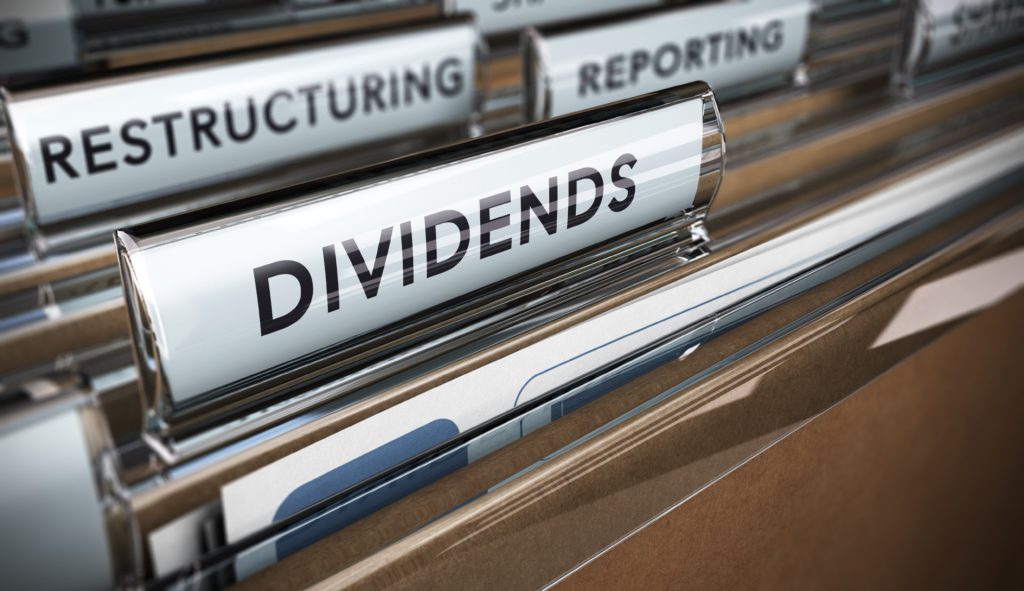The main purpose of investments is to make money by growing your capital. After investing, you might notice that regular payouts come in now and then from the company. They call this dividend, which in simple terms, means occasional payout.

The pay comes from profits or accumulated retained earnings of the company, and the company determines how often it comes. This article looks at dividends, bringing to you everything that you should know.
What is the meaning of dividends?
A dividend is a share of profit in which a company pays out to its shareholders after an operating season. On generating profits and accumulated earnings, they can pay out the money as a dividend or reinvest it into the business. Different factors determine which option the company goes for. Also, as a shareholder, the amount of dividend you receive, therefore, depends on the number of shares you own. You can calculate dividend yield by dividing the annual dividend per share, divided by the share price.
Read more on the types of shares in Nigeria here.
How do dividends work?
The working principle of dividend payment is simple. Basically, a company generates profit and distributes dividends on a per-share basis to all shareholders of a common class. They make the payment upon approval by the board of directors. On approval, they make payment on a date known as the payable date. Here is a breakdown of the stems on how dividends work:
- A company accumulates retained earnings or generates profits
- Also, the board of directors determines if it should be paid as dividends to shareholders and what percent should be reinvested
- On agreement, the board approves the payment
- They put an announcement out concerning dividend payment and includes the payday and value per share
- The dividend is finally paid to shareholders.
Also, read more about dividend policies here.
What are the types of dividends?
They can pay dividends in different forms to the shareholders. The different types of dividends payment are:
1. Cash
This is pretty straightforward. Basically, they pay the dividend in form of money to the shareholders of the company. Payment could be through electronic wiring, cheque, or cash.
2. Stock
Instead of giving out cash, companies can, however, choose to give out more shares to shareholders. In this payment, they give stocks on a pro-rata basis (depending on the number of shares you already own).
3. Assets
Also, companies can make payments to shareholders through assets like real estate and other investment securities. However, this practice is not common.
4. Special:
Special dividends is a payment that is done outside a company’s regular policy or regulations. It could be quarterly, annually, or even monthly, depending on the company. Basically, special dividends are usually a result of the company making extraordinary profits.
What is e-dividends?
It is common knowledge that the prefix “e-” stands for electronic, therefore, indicates where an automated electronic process is used instead of a traditional one. Therefore, E-dividend refers to a dividend payment system in which the company makes direct payments to the account of shareholders. E-dividends abolish the traditional rule of making payments with cheques or in cash and embrace wire transfers.
You can also read about how to get unclaimed dividends in Nigeria here.
Conclusion
Although receiving dividends is awesome, not all companies pay dividends, which is why you should inquire before investing. However, you cannot rely on dividends due to the uncertainty involved in running a business. Some days you would smile to the bank, while others, it could really disappoint you.
Need a loan? Kindly check out this platform that allows you to compare loans from several lenders in minutes. This would help you make the best decision for you.